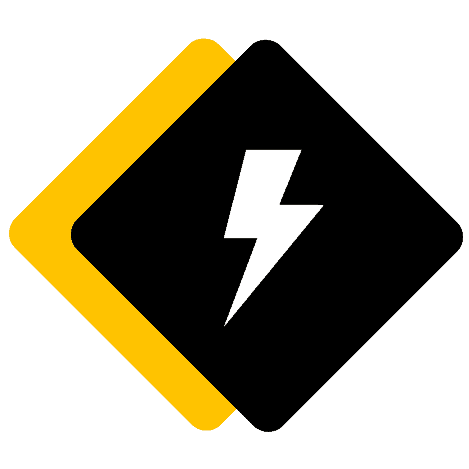As a new homeowner, you must take all safety measures and ensure that electrical safety is your top priority before you move in. Often, new homes have some shortcomings and faults that occur due to a lack of supervision. You can ensure the safety of your loved ones by hiring a qualified electrical contractor to help you get started.
If you have no experience checking faulty wiring or inspecting electrical systems, here are 5 recommendations to consider for new homeowners:
1. Hire a qualified electrical contractor
When it comes to electrical work, you must rely on experienced professionals only. A qualified contractor possesses the knowledge and skills required to handle electrical systems with efficiency. Electricians are well-versed in the local regulations and ensure that all work is performed in compliance with the standards.
With the help of experienced electricians, you can be confident in their ability to deliver a high standard of workmanship. This also helps in ensuring that the job is done safely and effectively. Electricity is very powerful and can pose serious risks if not handled properly.
2. Schedule a professional electrical inspection
A thorough electrical inspection at your new home by a qualified electrical contractor is beneficial for several reasons:
- Safety: Electrical systems are complex and pose risks if not maintained properly. An inspection by a qualified electrical contractor can help identify any potential hazards such as faulty wiring, improper grounding, overloaded circuits, or outdated electrical components that could lead to electrical fires, electrocution, or other accidents.
- Compliance with building codes: Electrical systems in homes are regulated by local building codes, which are designed to ensure safe and reliable electrical installations. A qualified electrical contractor can assess whether the electrical system in a new home complies with these codes, which may vary by jurisdiction.
- Avoiding costly repairs: Identifying electrical issues early on through a thorough inspection can help homeowners avoid costly repairs down the road. Detecting and addressing electrical problems in their early stages can prevent further damage or deterioration, saving homeowners from expensive repairs or replacements in the future.
- Peace of mind: Moving into a new home can be overwhelming and knowing that the electrical system is safe and up to code can provide peace of mind to new homeowners. An electrical inspection by a qualified electrical contractor can provide assurance that the electrical system is in good condition and functioning properly, reducing the risk of unexpected electrical issues and giving homeowners peace of mind.
3. Follow electrical permits and codes
Obtaining proper electrical permits and complying with local electrical codes is of the utmost importance when it comes to electrical installations in homes. These permits and codes are in place to ensure safe and compliant electrical work, and failing to follow them can result in serious risks and consequences.
As a responsible homeowner, it is crucial to understand the significance of electrical permits and codes and to work with a qualified electrical contractor to obtain the necessary permits and ensure compliance.
4. Install ground fault circuit interrupters (GFCIs)
Ground Fault Circuit Interrupters (GFCIs) are an essential safety measure in homes and serve to protect against electrical shocks and hazards. GFCIs are designed to quickly detect any imbalance in the electrical current flowing through a circuit and interrupt the power supply to prevent electrical shocks.
The purpose of GFCIs is to provide an extra layer of protection in areas of the home where there is a higher risk of electrical accidents, particularly in wet or damp environments. GFCIs are typically required in areas such as kitchens, bathrooms, outdoor outlets, garages, and other potentially wet or damp locations.
These areas pose a higher risk of electrical accidents due to the presence of water or moisture, which can increase the likelihood of electrical shocks.
5. Practice electrical load management
Overloading electrical circuits in a home can pose significant risks, including electrical fires, damage to electrical devices, and potential injuries or electrocutions. Overloading occurs when too many electrical devices or appliances are drawing power from a single circuit, exceeding its capacity, and creating a potential hazard.
To avoid overloading electrical circuits, it is important not to overload outlets by plugging in too many devices into a single outlet or using power strips excessively. Additionally, using surge protectors can help protect sensitive electronic devices from power surges and prevent overloading.
Spreading out electrical loads across different circuits can also help prevent overloading, especially in areas of the home where multiple devices are in use simultaneously, such as the kitchen or home office.
Complete your new home with us!
Electrical safety is not something that you should compromise on at any cost. Investing in the best electrical contractors will ensure the best results. It is one of the most crucial steps in ensuring the safety of your family, your pets, and your valuable electronics.
Seek the assistance of a professional contractor for any electrical work and follow the recommendations to ensure the safety and reliability of your home’s electrical system. For the best electrical solutions in Melbourne, contact Luno Electrical for 360-degree electrical service expertise.



